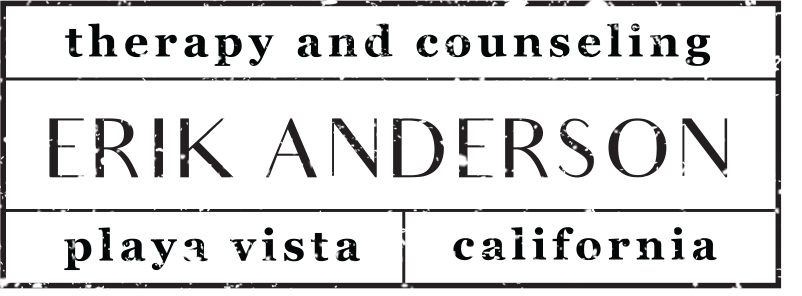What is Humanism?
Humanism is a philosophical worldview where we believe in the inherent worth and potential of every individual. Heavily influenced by existentialism, humanism emphasizes that meaning and purpose comes from the experiences of individuals.
What Is Humanistic Therapy?
Humanistic therapy is an approach to psychotherapy that grew out of humanistic philosophical beliefs about the value of the individual and the capacity for self-actualization. Through the authentic connection and immediacy of the therapeutic relationship, humanistic psychotherapy generates a space that allows for growth. What makes humanistic therapy compelling is the willingness to confront questions which do not admit to easy answers and provide a space to organize and understand the difficult experiences that arise as we confront those questions.
What Are Humanistic Therapy Techniques?
Humanistic therapy is less a collection of techniques - rather, as an approach, it is a collection of attitudes. Listing out specific technical behaviors is rarely something that is conducive to generating an environment of authenticity where a real experience and a real relationship can be had. The paradox we confront in humanistic therapy is that our attempts to fix the problem often leave us stuck, while it is acceptance of ourselves as we are that allows us to grow and change.
What is the Benefit of Humanistic Therapy?
The original approach of humanistic therapists was a radical rebuke of the behaviorist and psychoanalytic approaches that preceded it. As such, there was a major push to demonstrate that it was as effective as these approaches. Early humanistic therapists like Carl Rogers were deeply invested in gathering evidence to discover whether their approach was effective. Indeed, the evidence of its efficacy was clear and allowed it to grow and become one of the major forces in psychotherapy.
As an advocate of feedback-informed treatment, I take seriously the research which demonstrates that client input significantly improves the outcomes of therapy. Humanistic therapy is one of the main modalities I use in my therapy sessions; I combine this therapy with other evidence-based approaches to create a custom therapy plan for each individual and couple. Call or email today for a free consultation.

